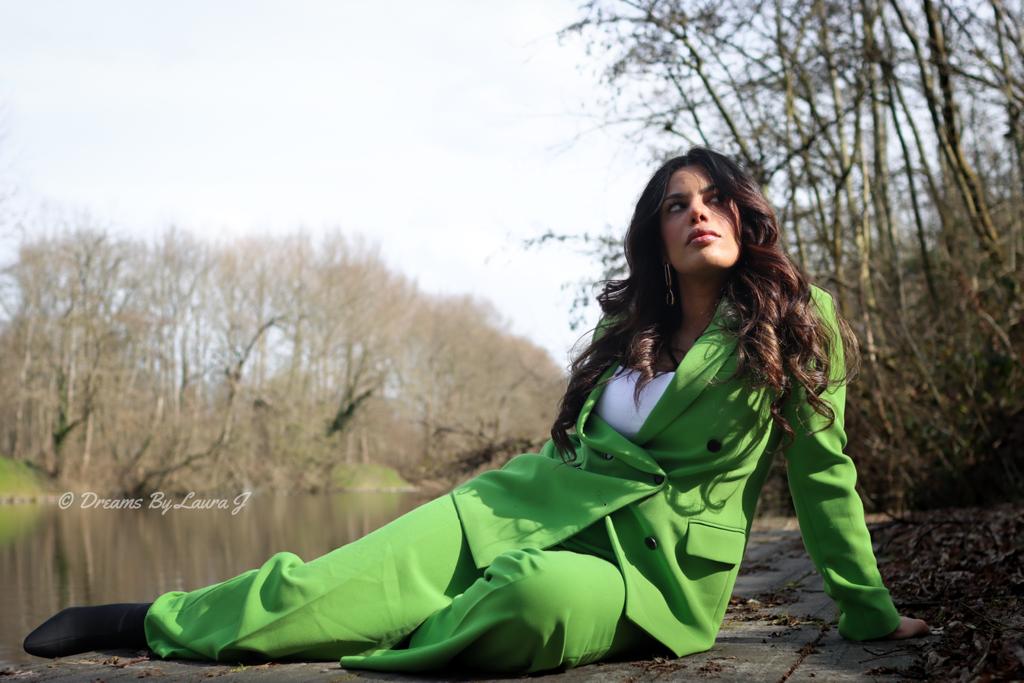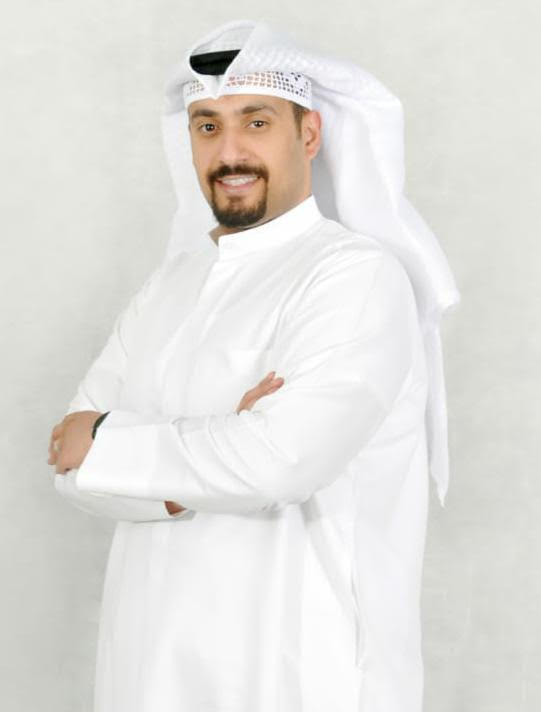In 2009, Saud Al Mutawa, a then 23-year-old Architecture student from Kuwait University, took on a challenging and honourable task for his graduation project, with the help of his sister Athari: designing a shelter for abused Kuwaiti women, something that, until then, did not exist in his country. Little did he know that what to him seemed a long-overdue and much-needed initiative that would benefit the entire community, would be met with suspicion and scepticism. Still, despite facing resistance from conservative members of the society, both Saud and Athari continue to be staunch supporters of women’s rights, in a country where the male guardianship system is restricting their individual freedoms.
Your guardian. This simple word, which may sound perfectly normal when used to describe an adult responsible for the care of an underage individual, sounds surreal and inappropriate when the individual in question is a grown-up woman. Yet, in Kuwait and a few other countries, a guardian is also the male figure who has the legal authority to decide over most aspects of an adult’s woman’s life.

Athari, a scientific researcher and agricultural engineer in her late twenties, learned that lesson very well when, a few years ago, she tried to arrange a getaway at a local resort with one of her two sisters. To her dismay, once they reached their destination, the hotel staff informed her that they could not stay overnight without the consent of their male guardian, who would have to lead them to their room.

“In the end, we had to ask [our brother] Saud to pick us up. We have not attempted a girls-only stay since then,” Athari admits.
Under the male guardianship system, which is still in force in Kuwait and other Gulf countries, an adult woman must obtain permission from a man, traditionally her father, uncle, husband, brother, or even her son, to carry out ordinary activities, including getting specific jobs or getting married.
“As a local female you are even unable to book a hotel room to stay the night, so what are your options?”
So where can a Kuwaiti woman victim of abuse go if the law restricts her freedom to move away from her abuser? Virtually nowhere is the disappointing answer.
“If you are a female and get abused in Kuwait, whether it be from a family member or your partner, there aren’t any places where you can go to take refuge. As a local female you are even unable to book a hotel room to stay the night, so what are your options?”
“If she goes back to her parents, they are highly likely to tell her to go back to her husband,” Athari says.
If, on the other hand, she manages to find the courage to report her abuser to the police, they would push her to drop the case, warning her that she would lose her family, and tarnish her reputation.

This is what prompted Saud to address what he felt was a pressing need in Kuwaiti society. In 2009, moved by a domestic violence case he had heard from a lawyer —the story of a Kuwaiti woman that had been stabbed 18 times by her abusive husband in front of her child — 23-year-old Saud decided to design a facility for abused women and their children, as part of his graduation project.
In designing his project, Saud also drew inspiration from a similar Dubai-based initiative which was primarily aimed at abused female tourists and expats. Saud’s plan, however, was much more ambitious. He wanted to create a sanctuary for women of all backgrounds, not just foreigners, but also Kuwaiti women. The shelter would not only provide a safe space, but also help abuse survivors recover from the traumatic experience they had gone through, supporting them beyond financial needs. The facility would provide legal guidance, educational services, and psychological therapy.
“He gave me back the project book without even looking at it and said he had other priorities.”
“The [Kuwaiti] government provides apartments for divorced women, but not for abused women,” Saud explains.
Under the guidance of his supervisor, Saud started researching similar projects in Europe and the US, working hard to convert his ideas into architecture, even producing a short film to address the subject with the help of his sister. However, when he discussed his project with fellow students and professors, he was met with a mix of surprise and scepticism.
“What was surprising, I even dare say stupefying to me, was the response of one of the faculty members of the architectural department, who said: “We don’t have this issue in Kuwait!”” Athari tells me.
Students attending Saud’s presentation also tried to play down the gravity of the situation, stressing that domestic violence was not just a local or regional issue, but rather a global one.
Still, Saud did not let any of these comments put him off, determined as he was to create a safe haven for abuse victims.
“Some professors said that this was over the top, while others supported my project,” he says.
It was precisely one of his supporters that in the same year encouraged him to enter a regional competition, the Omrania & Associates and the Center for the Study of the Built Environment Award for Architectural Design, where his project, called “A Moment of Regret and the New Beginning,” was widely acclaimed, winning the second prize. Having received international recognition for his efforts, Saud decided to go one step further and reached out to government officials in order to secure institutional support to build the shelter.
“I spoke to a member of parliament, [where, at present, men still account for the overwhelming majority of the seats], and addressed the issue,” Saud says. However, as Athari points out, “his words fell on deaf ears.”
“He gave me back the project book without even looking at it and said he had other priorities,” Saud bitterly admits.
For two long years, he tried his best to draw attention to the matter, until, eventually, he gave up, investing his time in setting up an architectural business.
Athari, who, like the rest of her family has travelled and lived abroad for some years, blames ultraconservative cultural values for the stigma associated with domestic abuse, which is viewed as a private matter between husband and wife, rather than a social plague that affects the entire community.
“You know, in Kuwait there is a saying: if your husband abuses you or beats you, there must be something wrong with you,” she says, adding that some of her family members have also faced abuse at the hands of their husbands.
“It is something that happens a lot. We have a high percentage of abuse and divorce, but they don’t talk about that in the media. They say it is too sensitive. I think they should be transparent about these cases,” Athari says.
Things, however, are slowly changing.
“Give them rights. Let them succeed. She can do anything she wants. The limits are created by the society, not by their surroundings.”
The spread of social media has increased women’s awareness about their individual rights, giving rise to the emergence of grassroots movements advocating for the abolition of the guardianship system. But even though Kuwaiti men are becoming more aware of the struggles their wives, sisters, and mothers are facing on a daily basis, with some like Saud doing their best to support them in their fight for a more equal society, a large proportion of the male population is still reluctant to change the status quo. Athari and Saud believe that such reluctance is caused by a gender-segregated educational system. Boys and girls are taught separately at school and university, with few exceptions. “Medicine and architecture are the only two [university] departments that are not segregated by gender,” Saud explains. But even then, “sometimes the students segregate themselves.”
According to Athari, because of this strict separation between the sexes, by the time they become adults, men do not know how to talk to a woman.
What should be done then to eradicate some of the gender bias that are holding back women in Kuwait and across the region?
“I am hoping that by starting the conversation and continuously talking about this issue, we can set a chain reaction and possibly create change,” Athari says.
“Give them rights. Let them succeed. She can do anything she wants. The limits are created by the society, not by their surroundings,” Saud echoes her.














